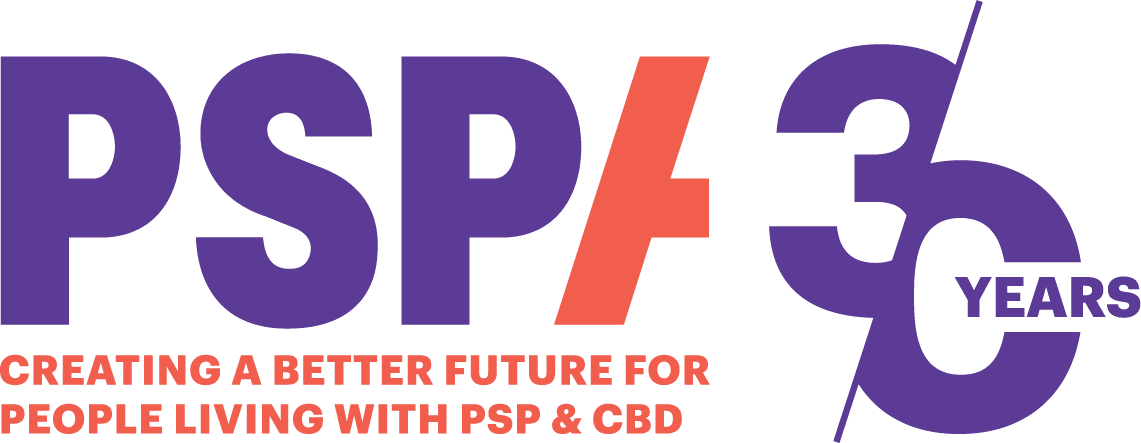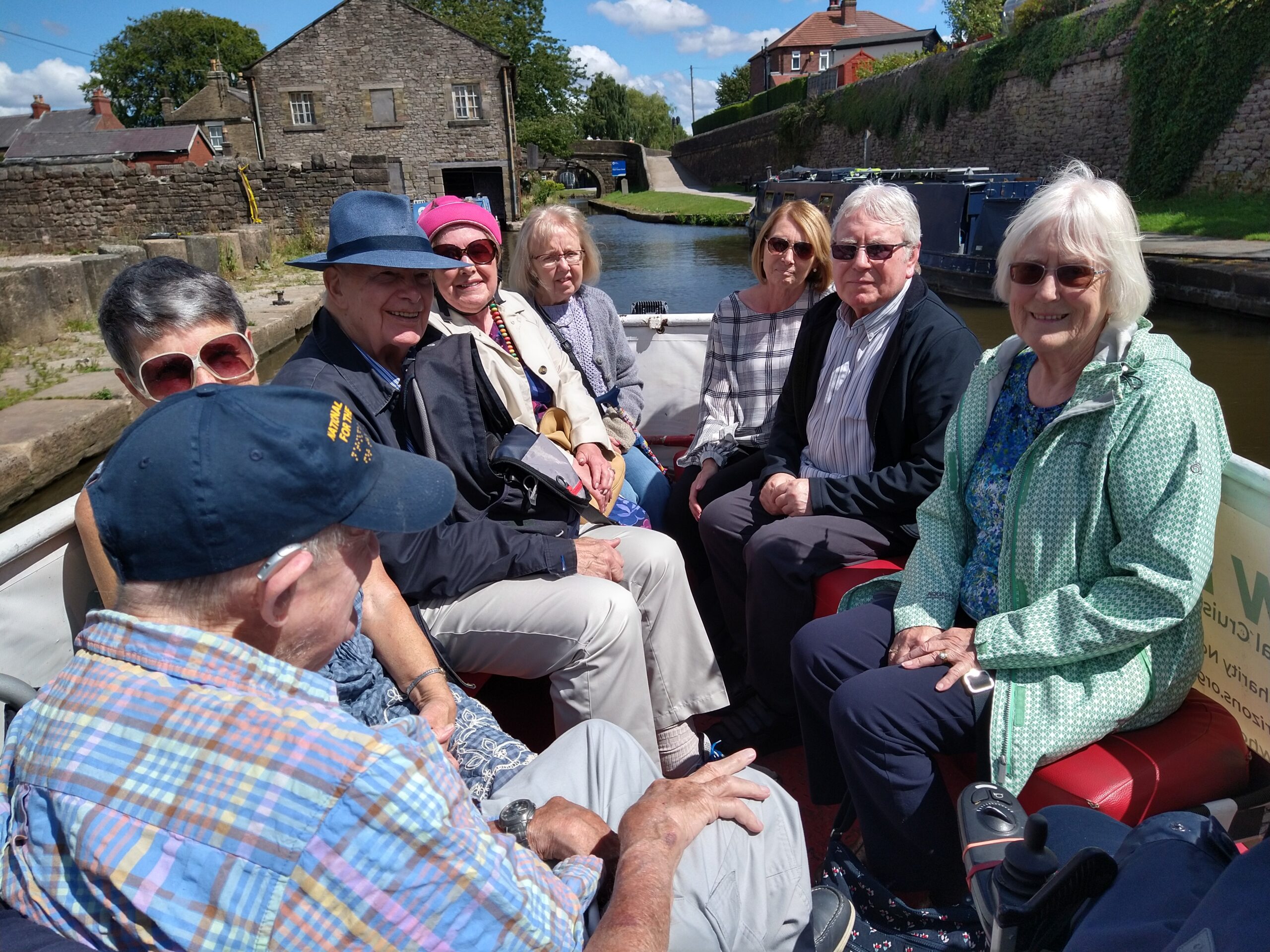The PSPA survey of people living with PSP & CBD highlights diagnosis of the condition remains challenging.
60% of responders to the survey, confirmed they were initially misdiagnosed with another neurological condition. A statistic which has not changed in the past six years, since we held our last survey.
Most commonly, people confirmed they were initially diagnosed with Parkinson’s disease before progressing symptoms led to an updated diagnosis of PSP or CBD.
Diagnosis of PSP & CBD can be problematic, due to a lack of awareness of the conditions and their early symptoms, even amongst the medical community.
Currently no single test is available to help diagnose PSP & CBD.
In addition, the survey showed that for one in three people it takes over one year for them to be referred to a Neurologist from their GP. Although it does seem things have improved slightly, since the last survey took place.
Data from the survey which was conducted during the summer of 2022, has helped to inform PSPA’s new three-year strategy.
The strategy, which is being launched this week, aims to create a better future for everyone affected by PSP & CBD. To do this the charity has three clear goals across the next three years:
- Enabling people living with PSP & CBD and their families to live their best lives possible with high quality support and information
- Improving the quality of life of people living with PSP & CBD through research, education and awareness raising
- Putting people living with PSP or CBD at the heart of what we do.
Rebecca Packwood, PSPA CEO, says “The 2022 survey of people living with PSP & CBD was completed by more than 400 people. The data gained has given us valuable insight into peoples’ diagnosis and care experiences. Insight which we have garnered to formulate a new charity strategy which aims to create a better future for everyone affected by PSP & CBD.
“We know that diagnosis rates of PSP & CBD have not changed in the past six years and that’s just not good enough. A key focus of our new strategy is to improve diagnosis for the 10,000 people living with PSP & CBD, saving time, resources and helping patients get the care they need faster.
“We will do this by educating and raising awareness of PSP & CBD with healthcare professionals, as well as the general public. Working to ensure people living with the conditions receive support and care that is coordinated, has continuity and is compassionate. We will also ramp up our research efforts, as we know further knowledge about the conditions, will help make a difference with diagnosis as well as better support clinical trials into potential treatments.”
You can read the strategy in full, here.





